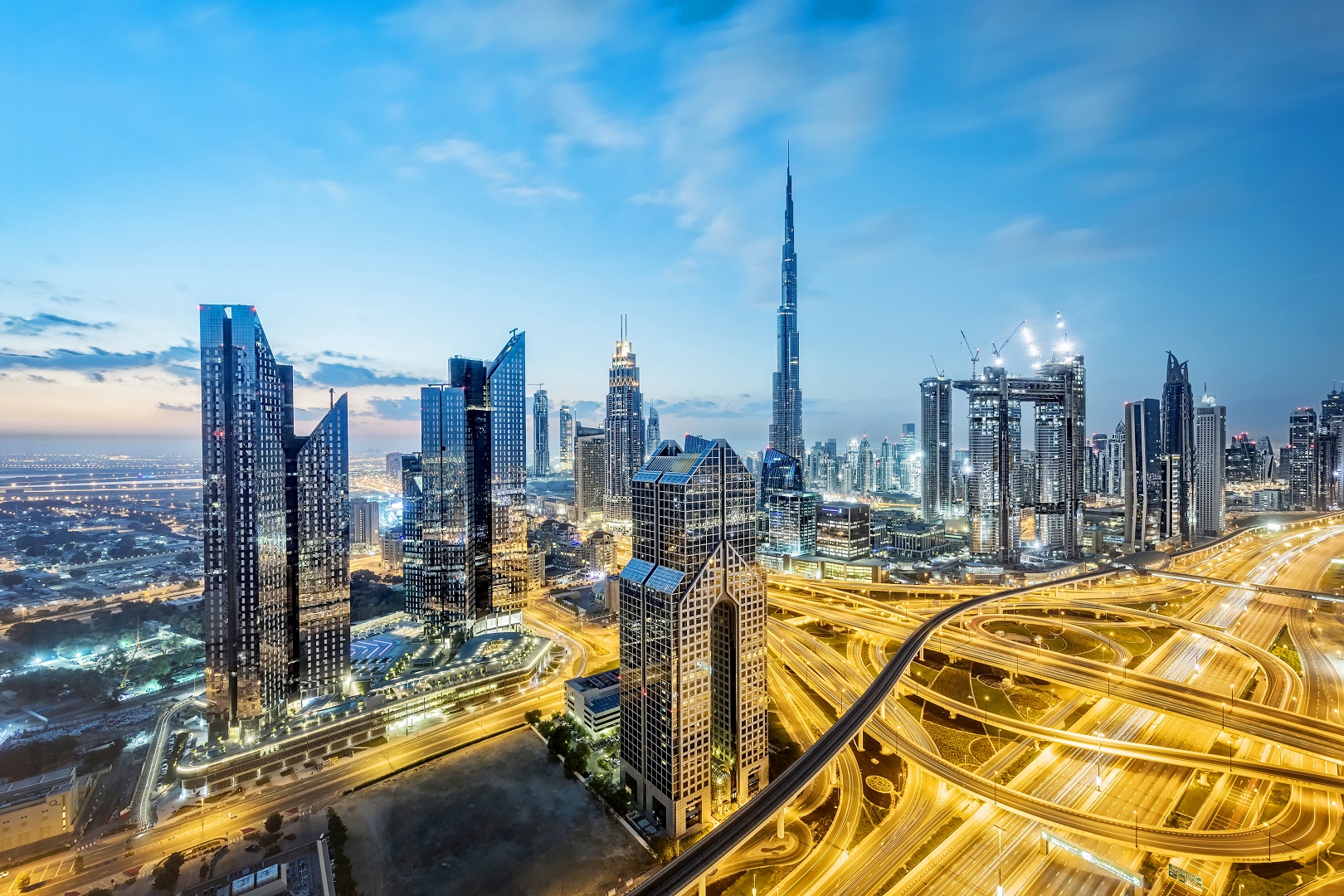Dubai’s employment growth reached a 20-month high as the emirate’s non-oil private sector witnessed a rapid pick up in the month of July.
The IHS Markit Dubai Purchasing Managers’ Index (PMI) has revealed this in a survey released on Monday which covered sectors of travel and tourism, wholesale, retail, and construction. The survey found a rise from 51.0 in June to 53.2 in July.
The increase was the second-quickest since November 2019, but slightly weaker than April’s recent peak.
RELATED STORY: PH-UAE labor agreement generates more jobs for OFWs, says POLO in Abu Dhabi
The non-oil firms showed an increase in sales teams in response to rising customer footfall and a renewed increase in employment was also witnessed among wholesale and retail companies while growth accelerated in travel, tourism and construction sectors. The index was driven by a much faster rise in output levels at the start of the third quarter while sector data showed that travel and tourism firms saw a marked improvement in output growth since June and wholesale, retail and construction businesses also recorded faster expansions.
David Owen, Economist at IHS Markit, said the growth in Dubai non-oil economy showed uptick in July due to a rise in customer numbers that boosted sales in travel, tourism, wholesale and retail sectors. This also drove employment as firms frequently hired sales staff leading to the fastest rate of job creation since November 2019.
READ ON: UAE witnesses surge in job opportunities due to strong economic rebound
Owen said businesses will hope the economic recovery throughout the rest of the year. The headline PMI of 53.2 in July was at its second-highest in 20 months which was a further reassurance that the economy “is heading in the right direction.”
The survey said new order volumes rose at the quickest pace in three months exceeding growth rates seen throughout the 16 months prior to April. The firms also witnessed increasing pressure on capacity during July.
While the overall rate of inflation was modest, some firms also raised their output charges in response to higher costs and a greater number lowered their charges offering discounts for clients to stimulate sales. (AW)




